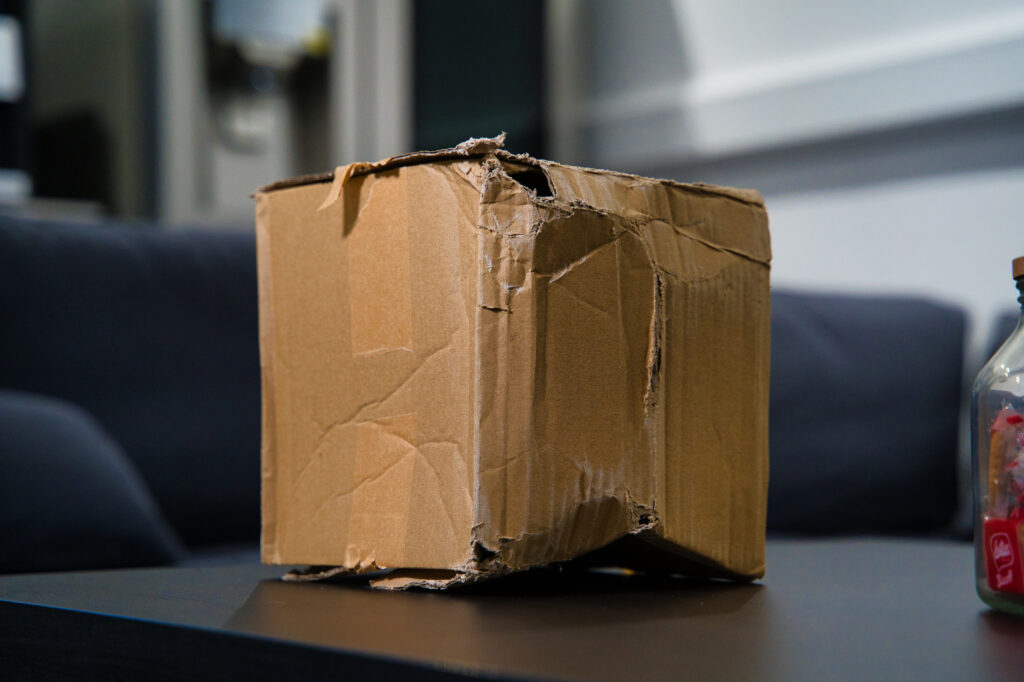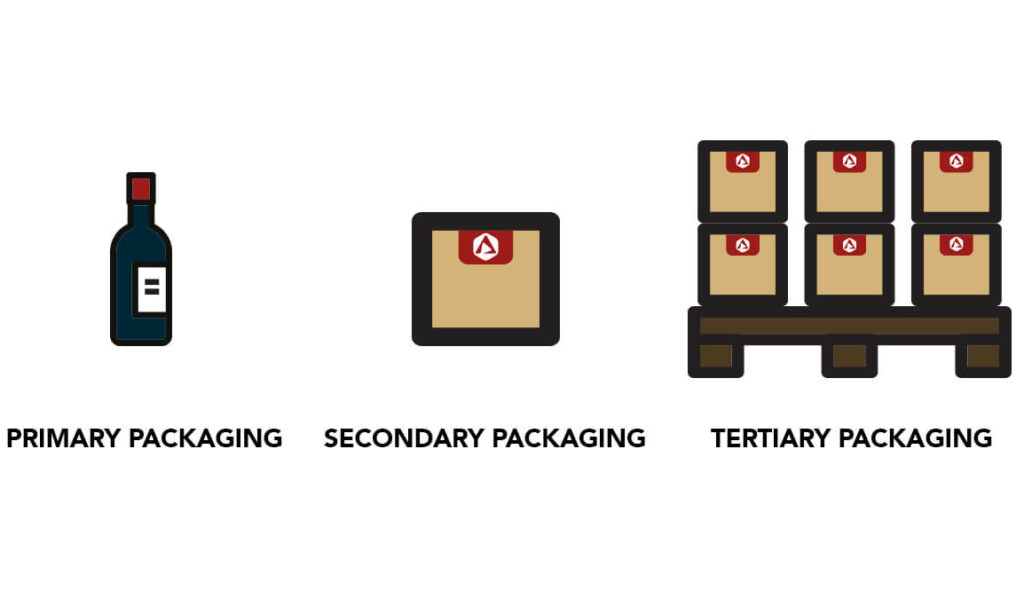A new survey published by Soil Association Certification has identified ‘significant opportunities’ for organic businesses looking to utilise more card and paper-based packaging.
The survey results, published today (26 September) at a forum for organic businesses, follow research published in June that revealed the overwhelming majority (67%) of shoppers expect organic to be packaged in a more environmentally friendly way than non-organic.

The knowledge sharing forum, held by Soil Association Certification in conjunction with Forest Stewardship Council (FSC) and hosted by Ecotricity, brings large and small organic and packaging businesses together, including Aldi, Pukka and Riverford.
Speakers at the forum include Julia Hailes, author of the Green Consumer Guide, and Jurgita Girzadiene, sustainability manager at Smurfit Kappa.
The survey asked a range of questions on packaging, including whether businesses were looking to reduce their plastic packaging, if they already had a sustainable procurement policy in place and what issues they face when trying to source more sustainably produced paper and cardboard packaging.
While nearly 90% of those businesses surveyed are seeking to reduce their use of plastic, only 60% already have a procurement policy covering sustainable sourcing of packaging and only 40% specify sustainable sourcing (FSC or other) for paper and card. 55% do not use any FSC certified materials.
Despite the positivity surrounding the potential uses of sustainable card and paper, 50% of businesses surveyed don’t use or plan to increase their use of paper or cardboard, citing various issues including shelf life and food safety for certain products like meat and liquids.
Kevin Jones, head of forestry for Soil Association Certification, believes this represents a missed opportunity for producers.
“Our research to date suggests that there is a real desire among both business and consumers to reduce plastic use and we’ve found a strong preference from shoppers for packaging that is clearly labelled if it is biodegradable, recyclable and environmentally friendly,” Jones said.
“Schemes like FSC certification mean that responsibly sourced paper and card can be a solution for many. Shoppers are looking for sustainable options, and where businesses are sourcing FSC materials, the logo should at the very least be visible to shoppers, so that they know they are buying responsibly sourced products.
“We recognise that there are practical limitations to the use of card and paper for some businesses, but we hope that by bringing organisations together at today’s forum we can help stimulate innovations that go some way to reducing plastics in the organic and other supply chains.”
Many attendees are SMEs who lack the scale to investigate new packaging solutions independently. Soil Association Certification hopes that by bringing licensees together with larger packaging bodies the forum will stimulate collaboration to find solutions to challenges businesses can’t solve individually.
Tallulah Chapman, communications manager, FSC UK, said: “Without ensuring that forest-based materials such as paper are responsibly-sourced, those that choose these materials for their packaging could inadvertently be supporting destructive forest management practices, which negatively impact people and wildlife.
“Our latest research shows that 55% of UK consumers recognise the iconic FSC tick-tree logo and three quarters would rather buy a product bearing the FSC logo to an otherwise identical one without. Choosing FSC-certified packaging and including the FSC label on pack is a great way to demonstrate that companies are meeting their customer’s ethical expectations.”
Soil Association Certification is the only UK organic certification body to have packaging standards.
Source: Packaging News




